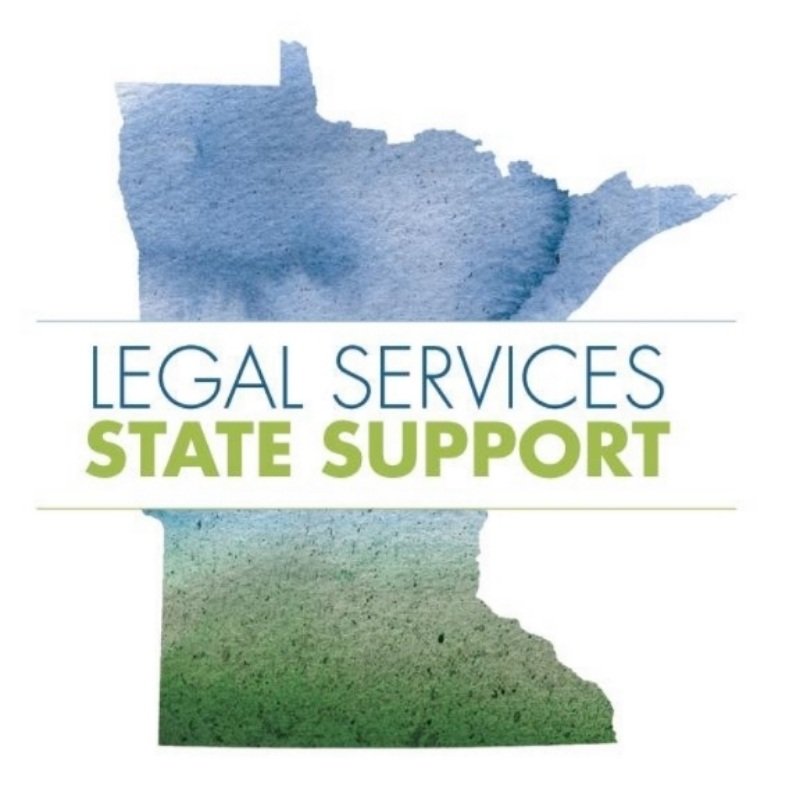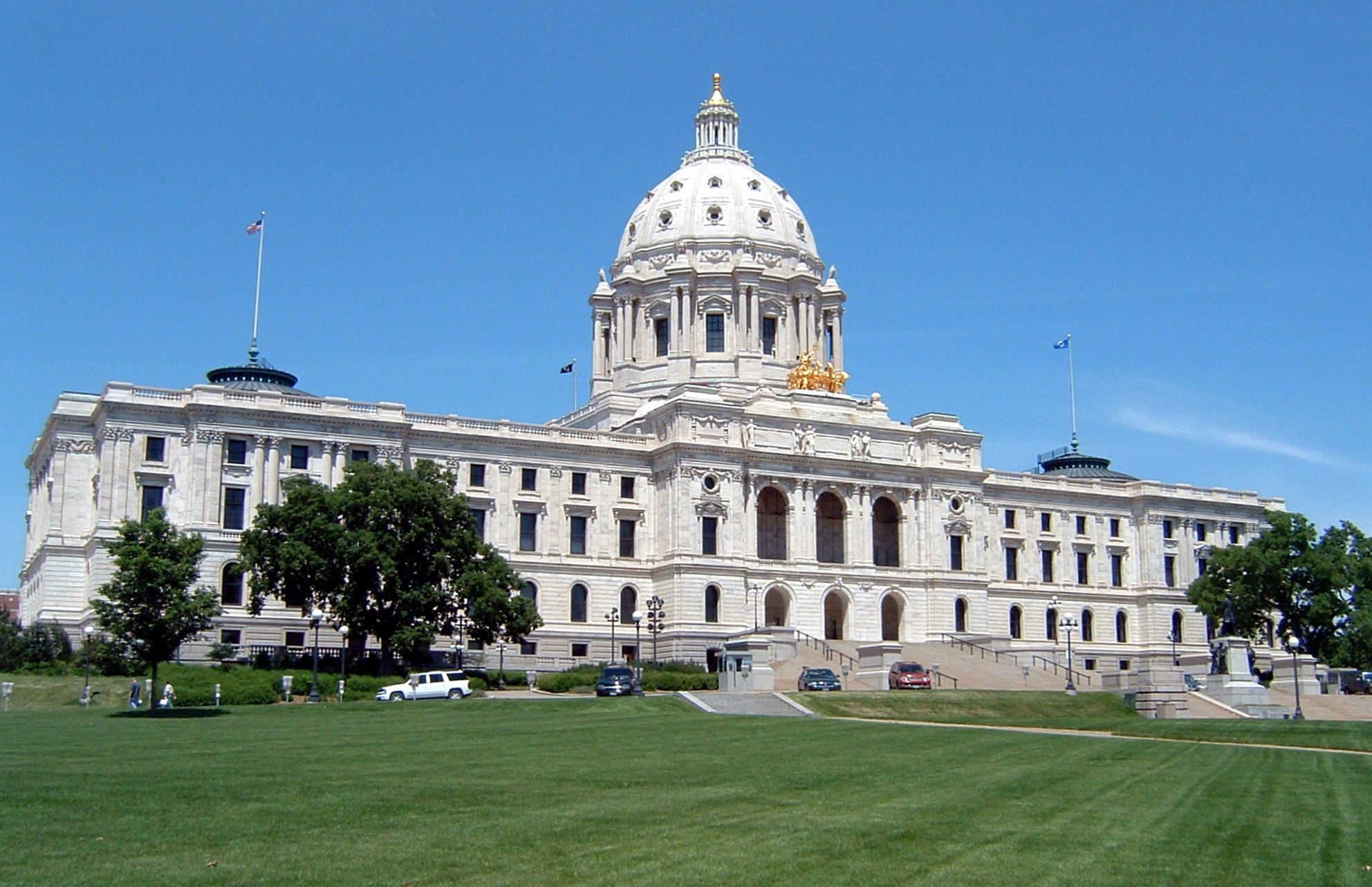This fall, the Immigrant Law Center of Minnesota (ILCM) marked its 25th year of service to thousands of immigrants through direct legal services, education, and advocacy. The anniversary was celebrated with a virtual event tracing the organization’s history and accomplishments over the last quarter century. As underscored in a recent Minnesota Lawyer article, the celebration’s highlights were the personal stories of how ILCM changed the lives of those seeking asylum, citizenship, naturalization and DACA.
ILCM dates back to 1976, when it was known as Oficina Legal, a project of Southern Minnesota Regional Legal Services (SMRLS). It was established as a separate 501(c)(3) non-profit organization in 1996 and today operates four offices in St. Paul, Austin, Moorhead and Worthington. Since 1996, ILCM has served 135,000 individuals through involvement in 45,000 cases and services are free for eligible individuals.
The anniversary celebration also featured the presentation of Inaugural Founders Awards, which included SMRLS, pro bono partner Faegre Drinker, and Target.
In noting ILCM’s ongoing work, executive director Veena Iyer said, “It is not just about immigrant and refugee communities. When these communities do better, we all do better.” Read more in Minnesota Lawyer.





